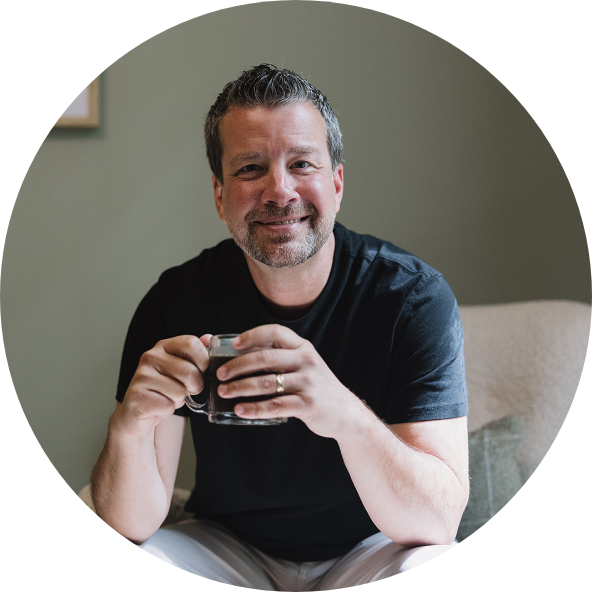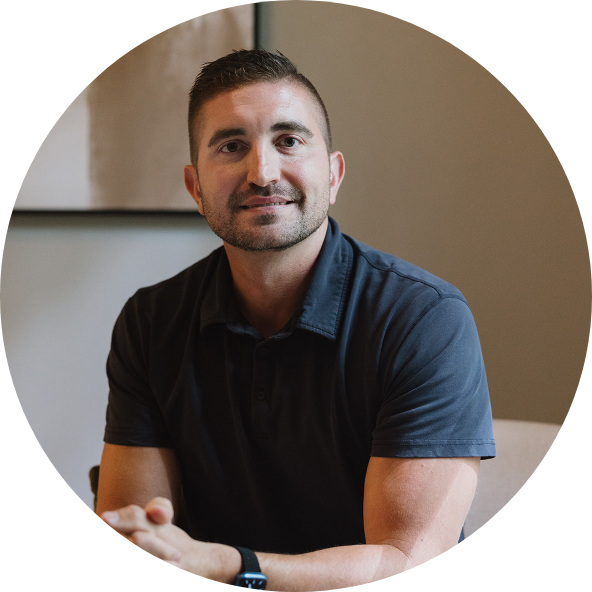Are You Struggling To Move On From A Traumatic Experience?
Is there a painful event in your past that you’ve never fully recovered from?
Do you feel hypervigilant of your surroundings or overly distrustful of others?
Have you ever wondered if trauma’s at the root of your mental health issues?
Maybe you’ve long known that you went through something traumatic, but you’ve pushed it down and told yourself to just get on with life. Or perhaps you’ve only recently begun to ask yourself if there’s trauma in your life, but you’re not sure if your experience “counts” as traumatic. Nonetheless, you might be very guarded with your friendships and go to great lengths to keep your circle small. Perhaps you find yourself in a state of “fight, flight, or freeze” whenever you’re confronted with something that reminds you of your trauma. As a result, you may be thinking that it’s time to talk to a therapist.
Trauma Can Make Your World Feel Small And Disconnected
When you’re living with trauma, it’s normal to find yourself living in a very protective way. You might be afraid to take risks in your career or your relationships. Perhaps you consistently go with the safe option and you’re quick to say no when presented with new opportunities, no matter how exciting they are. You might resist going after new promotions because you feel like an imposter who doesn’t deserve good things. In your relationships, you may only feel comfortable sharing surface-level experiences and resist getting vulnerable and emotional.
After a while, this kind of lifestyle can make your whole world feel small. You might feel lonely, disconnected, and full of regret over chances you didn’t take and relationships you let go of.
The good news is that you don’t have to keep living this way. At The Pursuit Counseling, our therapists are here to help you process and resolve your trauma so that you can overcome feelings of shame and live a more vibrant and confident life.
Trauma Survivors Are Everywhere, Yet Our Culture Doesn’t Make Space For Them
In American culture, we typically don’t discuss trauma in daily conversation. Whether we’ve experienced trauma in service to our country or community or trauma in our early childhood relationships, most of us learn to bottle up our feelings and keep our experiences to ourselves. As a result, millions of trauma survivors go through life carrying unseen pain and suffering from unhealed emotional wounds.
These avoidance tendencies only further induce the shame that we suffer in the wake of trauma. Shame is what happens when we internalize what happened to us and make it our identity. The impact of the trauma turns into a core belief such as “There’s something wrong with me” or “I’m not worthy of love.” We come to believe that we’re broken, a message that only gets reinforced by a society that tells us to pull ourselves up by the bootstraps and just get on with life. To challenge these feelings of brokenness, sometimes we need the help of a compassionate professional.
In Our Area, Many People Are Carrying Trauma Left Over From Their Military Backgrounds
Our practice is located near Delta’s headquarters and the Atlanta International Airport. And since many pilots, mechanics, and corporate leaders are former military members, it’s no surprise that our area has an extremely high density of military veterans. Many of them are dealing with severe trauma and PTSD from their time in service. They find themselves drinking during 16-hour layovers and turning to other unhealthy habits to cope with their pain.
Thankfully, The Pursuit Counseling specializes in providing comprehensive treatment for military veterans as well as anyone else wrestling with trauma and PTSD. You don’t have to keep holding the pain inside and you don’t have to work through it alone.
Therapy Can Help You Overcome Trauma And Feel Whole Again
Trauma is what happened to you, but it is not who you are. Though you have experienced something horrible, you are not a horrible person and the experience that triggered your trauma doesn’t have to control your outcome in life. As a practice, our mission is to help you feel whole and healthy in your life, able to fearlessly seize the opportunities that you were too afraid to take before. We want your pursuits to be filled with confidence and hope.
To help you get there, we seek to treat the whole person and explore who you were before the trauma and who you are today. Together, we’ll look at previous attempts to process your trauma, whether they involved a therapist, friend, or family member, as well as how you learned to cope with trauma in the past. We’ll help you assess whether your coping skills are healthy or unhealthy and focus on letting go of any maladaptive behaviors (e.g., drinking excessively or isolating to cope with the pain). We’ll also teach you more effective ways of dealing with traumatic stress so that you have a stronger array of coping skills at your disposal.
Tailoring Your Trauma Treatment
Our practice utilizes Judith Herman’s trauma and recovery model, which follows a threefold path for healing: safety and stabilization, remembrance and mourning (or trauma processing), and reconnection and integration. Judith Herman’s model is a comprehensive and holistic approach that takes every area of your life into account. It focuses on building trust and rapport with your therapist, processing and mourning the life that could’ve been, and reconnecting with all the integral parts of who you are.
Our counselors also use a form of therapy called Internal Family Systems (IFS), which can help you access and heal the wounded parts of your personality and understand how certain parts are trying to protect you from trauma. From time to time, we may even bring in neuroscience to help you understand how the brain changes in response to trauma and normalize what you’re going through.
By providing a comprehensive approach that engages with your mind, body, and spirit, we believe that we can help you process your experiences and live in pursuit of your hopes and dreams. We want you to work toward an identity that’s free from the shame of trauma and the pain of the past.
You May Have Some Questions About Trauma Therapy…
What if talking about trauma makes me feel worse?
If you fell and scraped your knee, you would need to clean out the wound in order to heal, and it’s the same with trauma. Processing your experience with a trustworthy therapist is well worth the long-term outcomes of healing and recovery. And while it’s normal to experience a wide range of emotions when you discuss your trauma, we will equip you with a variety of coping skills to help you stay grounded throughout therapy. We will always go at a pace that’s comfortable for you and honor your needs and preferences.
Will my information be kept confidential?
Yes, our therapists have strict confidentiality agreements with their clients. By placing your trust in a therapist who both respects your privacy and knows how to work through trauma, you can begin to unpack what happened to you and put your life back together in a safe and healthy way.
How do I know that therapy will work?
There are no guarantees in life, but by being proactive and seeking support, you’re setting yourself up for long-term success and growth. More and more people today are opening up about how therapy has helped them. News outlets, social media feeds, and Netflix shows like “Full Swing” demonstrate that leaders, influencers, and many successful people are reaping the rewards of counseling. What’s more, our specialists are specifically trained to work with trauma survivors, so we are confident in our ability to help you experience post-traumatic growth.
You Don’t Have To Carry Your Trauma Alone
We are here to help you ease the burden of your trauma so that you can create a legacy of love, belonging, and connection. To learn more about The Pursuit Counseling approach to trauma and PTSD therapy, you can email us, use the contact form, or call 404-539-8970 to begin your journey toward healing.











